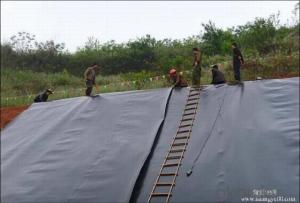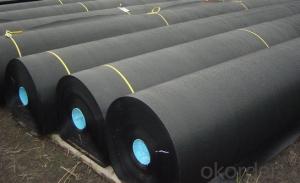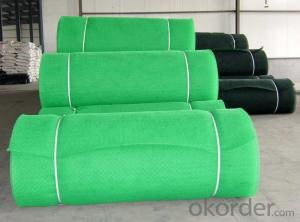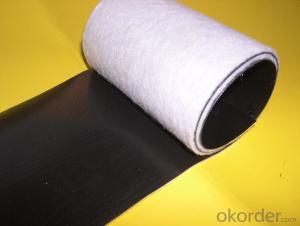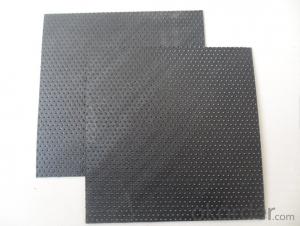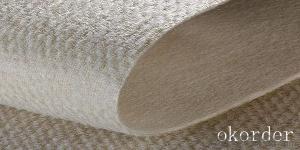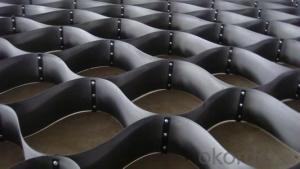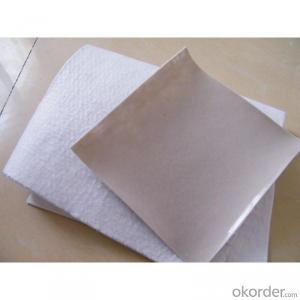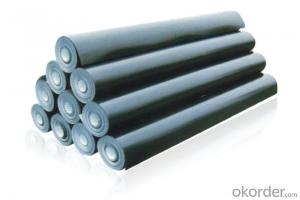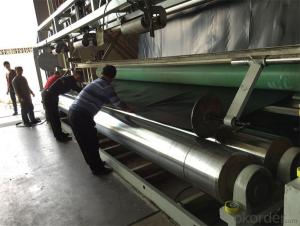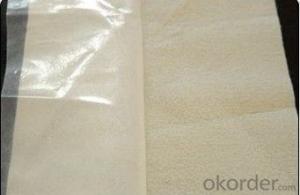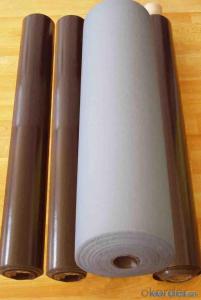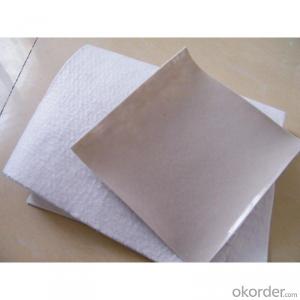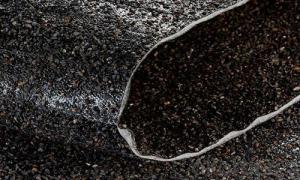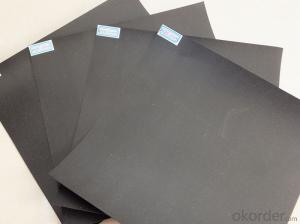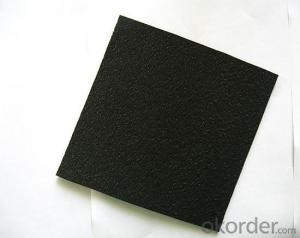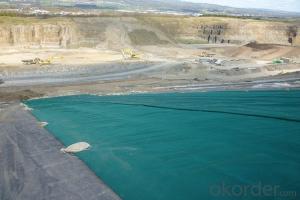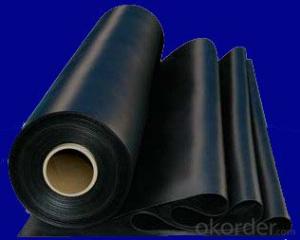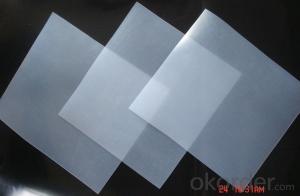All Categories
- - Steel Wire Rod
- - Steel Coils
- - Steel Profiles
- - Steel Pipes
- - Stainless Steel
- - Tinplate
- - Special Steel
- - Steel Sheets
- - Steel Rebars
- - Steel Strips
- - Hot Rolled Steel
- - Cold Rolled Steel
- - Pre-painted Steel
- - Seamless Steel Pipe
- - Welded Steel Pipe
- - Hollow Steel Tubes
- - Galvanized Pipe
- - Stainless Steel Coil
- - Stainless Steel Sheet
- - Stainless Steel Plate
- - Stainless Steel Strips
- - Electrolytic Tinplate Coil
- - Electrolytic Tinplate Sheet
- - Stainless Steel Rebars
- - Solar Panels
- - Solar Water Heater
- - Solar Related Products
- - Solar Inverter
- - Solar Cells
- - Solar Light
- - Solar Energy Systems
- - Solar Controllers
- - Solar Mounting System
- - Solar Pump
- - Solar Chargers
- - Fiberglass Chopped Strand
- - Fiberglass Mesh Cloth
- - Composite Pipes
- - FRP Pultrusion Profiles
- - Fiberglass Mat Tissue
- - Fiberglass Fabrics
- - Fiberglass Mesh
- - Composite Tank
- - Fiberglass Mesh tape
- - Polymer
- - FRP Roofing Panel
- - Fiberglass Roving
- - Monolithic Refractories
- - Ceramic Fiber Products
- - Refractory Bricks
- - Raw Materials For Refractory
- - Suspended Platform
- - Cranes
- - Concrete Machinery
- - Earthmoving Machinery
- - Building Hoist
- - Road Building Machinery
- - Plastic Pipe Fittings
- - Plastic Tubes
- - Plastic Sheets
- - Agricultural Plastic Products
- - Plastic Nets
 All Categories
All Categories
Q & A
What are the key differences between geomembranes and geogrids?
Geomembranes and geogrids are both materials used in geotechnical engineering, but they have distinct differences.
Geomembranes are thin, flexible sheets made of synthetic materials like HDPE or PVC. They are impermeable and provide a barrier against liquid or gas migration. Geomembranes are commonly used in applications such as lining landfills, ponds, or containment structures. They offer excellent long-term durability and resistance to chemical and environmental degradation.
On the other hand, geogrids are rigid or flexible structures made of polymers or metals. They have open spaces or apertures and are primarily used for soil reinforcement. Geogrids help improve the stability and load-bearing capacity of soil structures by distributing loads and reducing soil movement. They are often used in applications like retaining walls, road construction, and slope stabilization.
In summary, the key differences between geomembranes and geogrids lie in their function and physical characteristics. Geomembranes act as barriers against liquid or gas migration, while geogrids provide soil reinforcement and enhance stability.
What are the design considerations for geomembrane-lined secondary containment systems?
Design considerations for geomembrane-lined secondary containment systems include selecting the appropriate geomembrane material and thickness based on the type of contained material, considering slope stability and anchoring methods for the liner, ensuring proper sealing and overlap of liner seams to prevent leakage, incorporating appropriate drainage and leak detection systems, and considering the potential for environmental factors such as temperature variations and chemical exposure.
How do geomembranes perform in high-humidity conditions?
Geomembranes perform well in high-humidity conditions due to their waterproof and moisture-resistant properties. The material used in geomembranes is designed to prevent the ingress of water vapor, ensuring their durability and effectiveness even in environments with high humidity levels.
How do geomembranes perform in corrosive environments?
Geomembranes are highly effective in corrosive environments. They are designed and engineered to resist degradation caused by chemical exposure, making them ideal for applications where protection against corrosion is crucial. The material used in geomembranes is typically chemically resistant, ensuring long-term durability and preventing leaks or deterioration in aggressive environments.
Wholesale Geomembranes from supplier in Algeria
Whether you require Geomembranes for environmental protection, water management, or mining applications, we have the knowledge and resources to assist you. Our team of experts is committed to providing personalized solutions tailored to your specific needs. From initial product selection and technical specifications to logistics and after-sales support, we are dedicated to ensuring your satisfaction at every step of the process.
By choosing us as your Geomembranes supplier in Algeria, you can benefit from our extensive network of reliable manufacturers and suppliers, ensuring competitive pricing and timely delivery. Our commitment to quality is reflected in our strict adherence to international standards and certifications.
Whether you are a contractor, engineer, or project manager, partnering with us will provide you with a reliable and efficient source of Geomembranes, allowing you to focus on the success of your projects. Contact us today to discuss your requirements and let us help you find the perfect Geomembranes solution for your needs.
By choosing us as your Geomembranes supplier in Algeria, you can benefit from our extensive network of reliable manufacturers and suppliers, ensuring competitive pricing and timely delivery. Our commitment to quality is reflected in our strict adherence to international standards and certifications.
Whether you are a contractor, engineer, or project manager, partnering with us will provide you with a reliable and efficient source of Geomembranes, allowing you to focus on the success of your projects. Contact us today to discuss your requirements and let us help you find the perfect Geomembranes solution for your needs.

